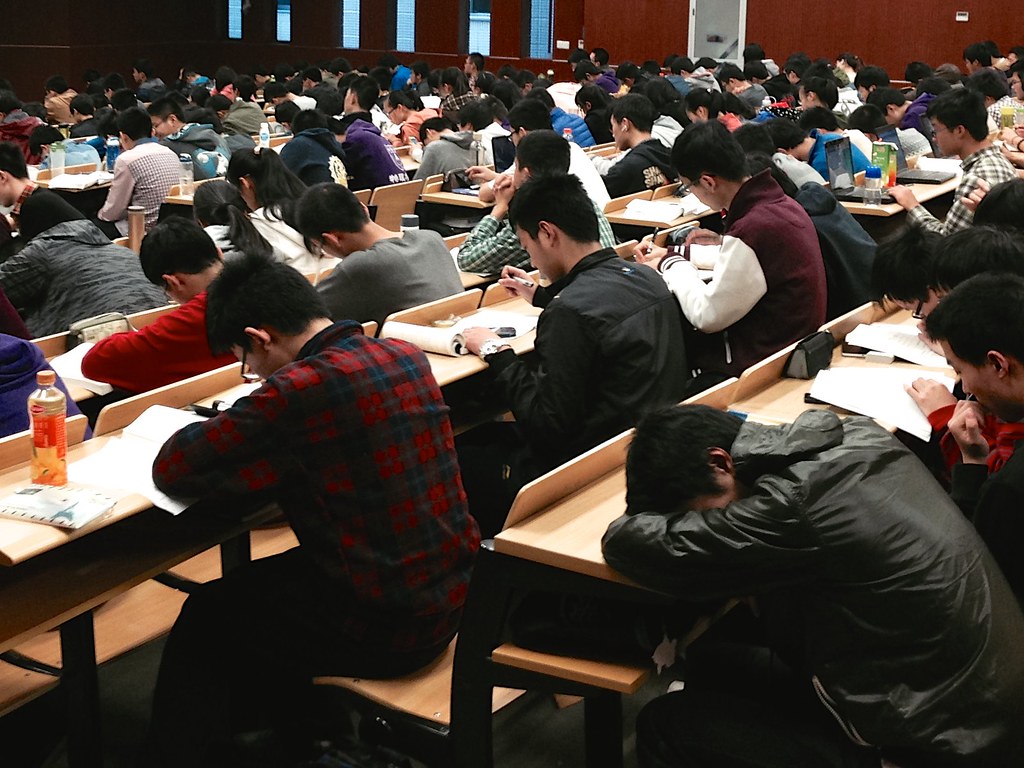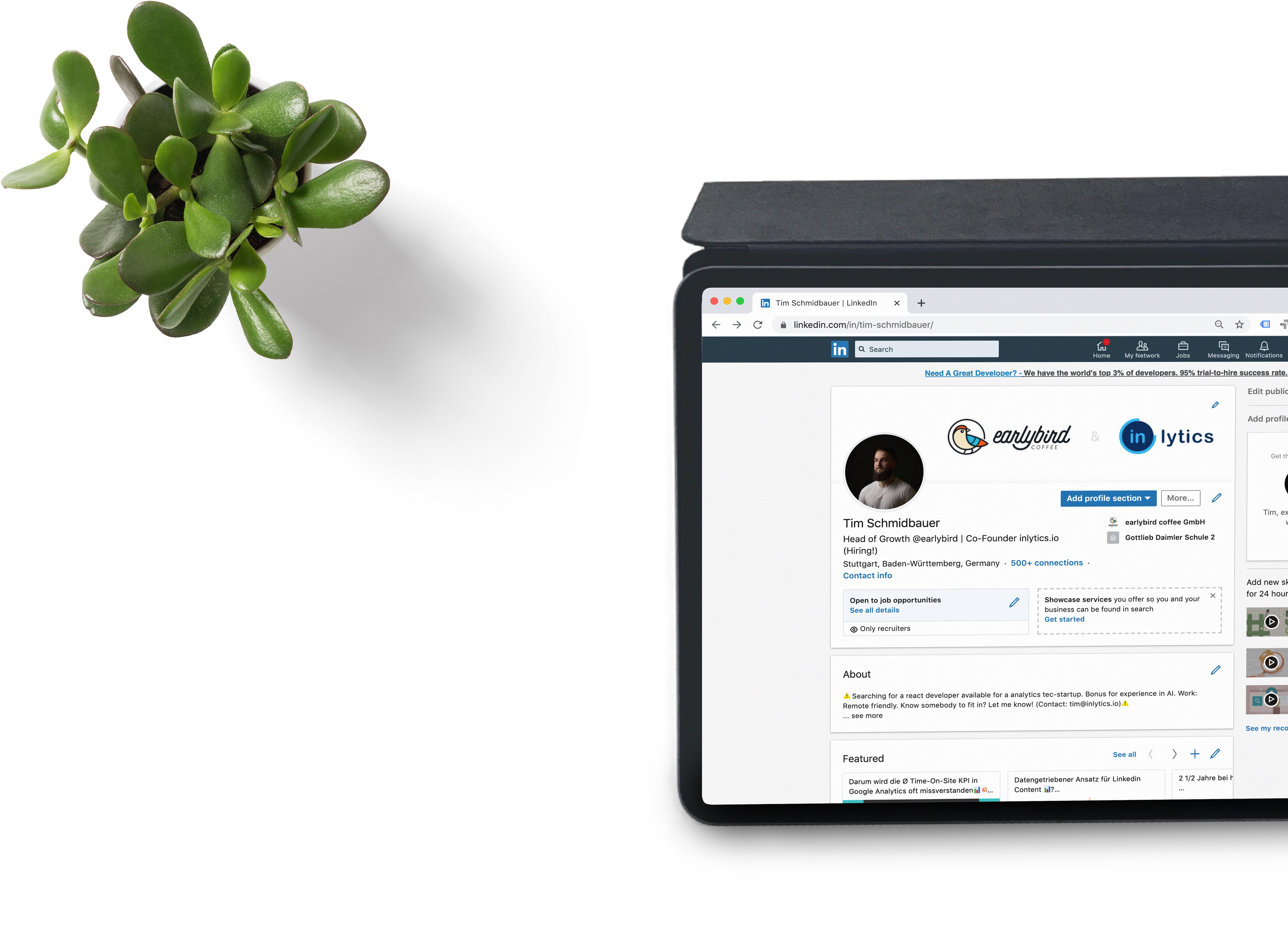Is Graduate School For You?

The beauty of an undergraduate liberal arts education is that a student can be exposed to many different fields of study and be able to interact with people from all walks of life. This versatility, however, has rendered it difficult for some graduates to find work directly after graduation. Despite a diverse educational background, graduate school seems to be presented as the only option for some graduates.
It is essential to first know the difference between an undergraduate degree at a liberal arts school and graduate-level studies. Darcee Caron, AUP’s Director of Academic Advising, Careers, and Experiential Learning, recommends students not to jump directly into graduate studies if they are unsure. Caron states that the biggest difference is that graduate-level courses are very specific compared to the wide range of courses that are available to AUP.
While many European schools are almost exclusively programmed for students to find work after their studies, students with an American liberal arts degree abroad often are competing against European students with a more concentrated program of study. Apart from this Harvard Business Review states, “In the U.S., the number of graduate students has tripled since the 1970s, and according to some estimates, 27% of employers now require master’s degrees for roles in which historically undergraduate degrees sufficed.”
Image credit: Creative Commons/kevin dooleyGraduate school is indeed an excellent option for somebody with an academic brain. According to Alexandra Goodman, a former AUP student and a current graduate student at UCL, “It can be rewarding because you are surrounded by like-minded individuals who are academically driven.” However, she also states that graduate school is not for everyone. “It is very hard and reading intensive, and not everyone would benefit from that kind of learning environment.”
From her personal experience, Goodman went into undergrad knowing she wanted to study Art History but didn’t know what concentration to pursue until she first had a well-rounded understanding of the Arts that AUP’s program provided. “I imagine if somebody goes into college not knowing what to study, or going into college to appease their parents, then having the multiplicity of options that you would have access to with a liberal arts degree is very beneficial. Some people need that kind of flexibility.”
Maddie Czarnik, a current senior in her last semester of a self-designed major, has also been exploring her options for her post-graduation plans. Initially, Czarnik had her reservations about university in general because of the exclusive nature of private institutions. “Thinking about grad school as a funnel of private funds to institutions made me primarily avoid going to graduate school, however, if you are specializing in something that requires further knowledge, grad school is the way to go,” says Czarnik. She has plans to remain in Europe after graduating and must learn to adjust to a French system. She is currently an intern at a sustainable fashion boutique in Paris and has been offered a job that would allow her to have an extended visa and the opportunity for graduate studies. “These are the reasons that sold the grad program and the fact that it is much less expensive to study in Europe than in the States," says Czarnik.
From Czarnik’s experience working in France, her boss has expressed that it will be difficult to get any work without a Master’s in France. According to the Organisation for Economic Co-operation and Development, France has a larger percentage of students going to graduate school, however, a lower percentage of students receiving seeking to gain a bachelor's degree compared the United States. According to the statistic a more competitive market is being created where students who receive a bachelor's degree oftentimes get a graduate degree.
Other avenues other than a graduate’s degree vary. Instead of undergoing a long and expensive graduate program, individual courses are available that are specific to your future plans. Vocational training and internships often can be catalysts to a career. Apprenticeships are also available which teach specific trades or professions to individuals. “Therefore, if you want a master’s degree simply to gain more knowledge, it’s important to recognize that it is possible to recreate learning experiences without paying thousands of dollars for a class,” says Harvard Business Review.
In a French context, the statistics for jobs available to those without a master’s degree can be discouraging for AUP students. For Czarnik, and many students, gaining a master’s degree may seem like the only resort for wanting to remain in Europe. Caron however thinks otherwise. She describes many master’s programs are integrated into a French license, however, the French license often takes less time than an American bachelor’s degree. Many students have the equivalent of an M1 or one year of a French master’s degree upon the graduation date.
Image credit: Unsplash/inlytics LinkedIn Analytics ToolFrom Caron's experience, many students find jobs, internships, or enter a family business after they graduate. In fact, 94% of students are employed or in graduate school within a year of graduation. She also states that many students who graduate in under 3 years often find themselves graduating with no work experience, and exploring different careers may be beneficial before immediately jumping into graduate school.
Instead of exploring master’s programs first, Caron asks students what they want to do in life. She encourages students to look at profiles using platforms like LinkedIn and reach out to professionals that have careers in their interest. For students, it can be as easy to send a direct message to these professionals with a simple introduction and asking if they have 15 minutes to talk about their career.
There is a space at AUP which helps students think about what they want to do in life. It is a space that helps process the information you’ve learned from courses and university life. If you are struggling to decide which routes to take after graduation, the Global Professional Skills Program, or GPS program, can help guide AUP students to make these decisions. AUP’s global community gives students the possibility to work and study all around the world! 78% of undergraduate alumni have an international element to their career. What Caron emphasizes most, is students need to follow their own personal interests.









